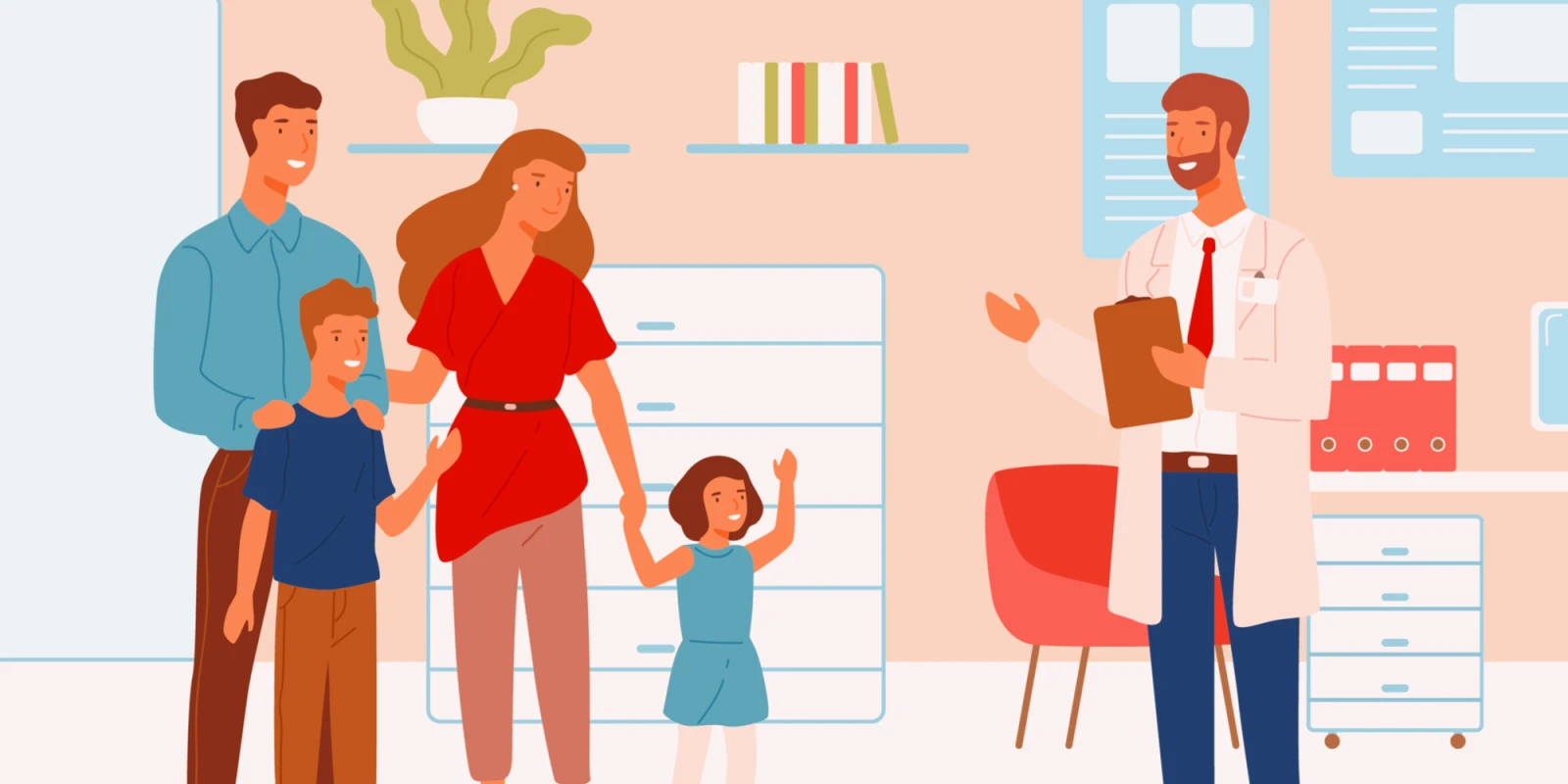 Locum tenens work can be exciting and rewarding. By traveling to new venues, you can see things done differently, and how well they do or don’t work. In my 5 years of locums, I’ve learned some things about how to get the most out of the experience.
Locum tenens work can be exciting and rewarding. By traveling to new venues, you can see things done differently, and how well they do or don’t work. In my 5 years of locums, I’ve learned some things about how to get the most out of the experience.
Show Up Early
It might be a few minutes, but strive to arrive early, starting with your first day. The night before, make the drive so you know the length of the commute. Once the assignment starts, try to come in 5 or 10 minutes early. You will almost always find something constructive to do.
Stay Upbeat
Many of us, at one time or another, dreamed of an acting career. Here’s your new part: Happy Physician.
Every locum tenens physician walks into upheaval. A good attitude from anyone, especially the doctor, lightens the mood.
Arrive chipper, keep smiling. At least one good thing happens every hour. Focus on it.
Feed the Nurses and Support Staff
A normal workplace, unlike a medical facility, gives employees a break every two hours, with predictable lunch and supper times. Too often, the chaos of patient care gets in the way of those times. Hypoglycemic co-workers do not do their best work (and neither do you, doctor). Make sure everyone can access snacks.
If I get assigned an office, I keep a selection of edibles (some healthy, some not) on my desk. I buy from Sam’s or Costco, mostly (but not always) in individual serving sizes. If I don’t have an office, I leave snacks where the staff lunches.
On the other hand, if you find the rare client who provides employees with food and beverage, don’t try to compete.
Aim at the Middle of the Dress Code
One clinical director wishfully advised me to dress in “business casual,” but when I arrived I found most of the medical staff in denim scrubs. During my first and only week as The Best Dressed Doctor, I put off the other docs and the patients with my outfits. So I reverted to jeans and a button-down, and people relaxed.
Come Prepared for Inappropriate Scheduling
Only 5 out of 21 facilities managed scheduling well, and each one of those assignments taught me lessons I wish I’d had in the 23 years I worked private practice. Rare indeed is the combination of people skills, a long memory, high intelligence, and a bit of clairvoyance necessary for good scheduling. Just get used to the idea that you’ll have inappropriate gaps in your schedule just as you’ll have inappropriate time crunches.
Be Flexible
A client goes looking for locum tenens help at times of transition. You can make those changes go more smoothly if you smile when you say yes to the inevitable request for changes in the schedule.
The Computer System Sucks. Work With It Anyway
With one exception, each of the 18 EMRs I worked with in the last 5 years had its quirks. They all failed completely at least once. Complaining about the computer resembles honking your horn in a traffic jam: it adds to everyone’s irritation, including your own.
If you start with the PICNIC (Problem In Chair, Not In Computer) assumption, you will learn more and you’ll have more energy at the end of the day.
Don’t Make Too Many Waves
Every system has imperfections; rarely can you find a problem that someone else hasn’t already noticed. Realistically assess your chances of bringing about permanent change before you try.
But never compromise patient care.
Don’t Throw Anyone Under the Bus
If a problem comes up, take responsibility for it. Even if it belongs to someone else. You can always find some part of that problem to own. Do it promptly.
Don’t Be a Hero
If you arrive with a Superman or Wonder Woman agenda, you will meet with resistance, and people will make fun of you after you leave, if not before.
If someone else can do the task with the equipment provided, then you can, too.
Don’t Badmouth Former Employers, or Anyone Else for That Matter
If you say bad things about other people or clients, your co-workers will know that you’ll say the same things about them after you’ve left. The less energy you waste dwelling on the bad stuff, the more energy you’ll have for enjoying the good.
EMRs? Different story. Nobody takes those personally.
Keep Up with Your Documentations
No one will remember you finishing your documentation every night, but everyone will remember you not finishing until a week later.
Accentuate the Positive
Every client has something positive you can learn from your experience. Find out at least one thing, and dwell on it.
Dr. Steven F. Gordon is a family physician and a 2018–2019 Doximity Author.
Image by GoodStudio / Shutterstock







